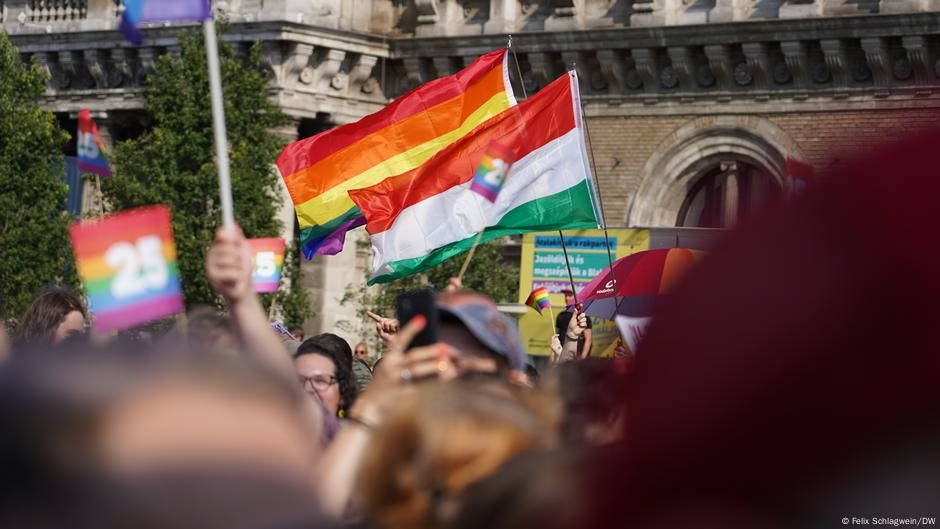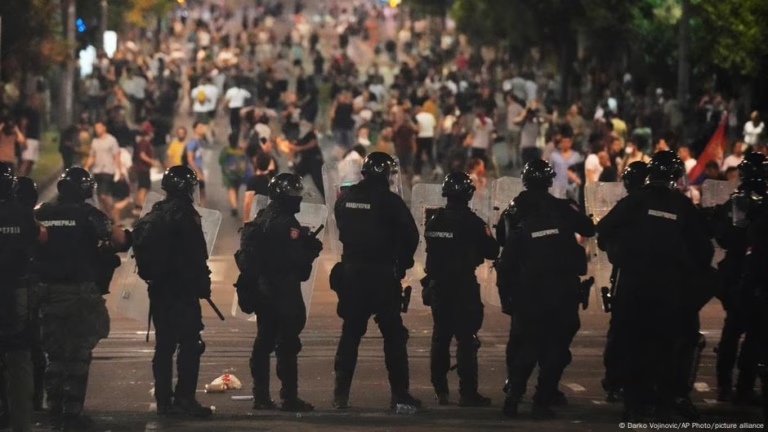Supporters of the
European support for the march is strong, with over 30 embassies expressing their solidarity, and attendance from European Commissioner for Equality Hadja Lahbib and numerous members of the European Parliament expected. The European Commission President, Ursula von der Leyen, has urged Hungarian authorities to allow the parade to take place, emphasizing that the principles of equality and non-discrimination are fundamental to the European Union and must be respected in all member states. Meanwhile, participation in the march risks criminal charges and fines, utilizing facial recognition technology.
Over the past decade, Orban’s government has faced criticism from the EU for its increasing suppression of civil liberties and press freedoms, under the guise of safeguarding “Christian” values. The current ban on the Pride march is seen as part of a broader pattern of interference with democratic freedoms in anticipation of next year’s elections, where Orban’s government may face a significant challenge from Peter Magyar’s Tisza party, which has been leading in opinion polls. Despite not explicitly advocating for gay rights, the Tisza party has urged the government to ensure the safety of those participating in the march, calling for a stand against the abuse of power.









